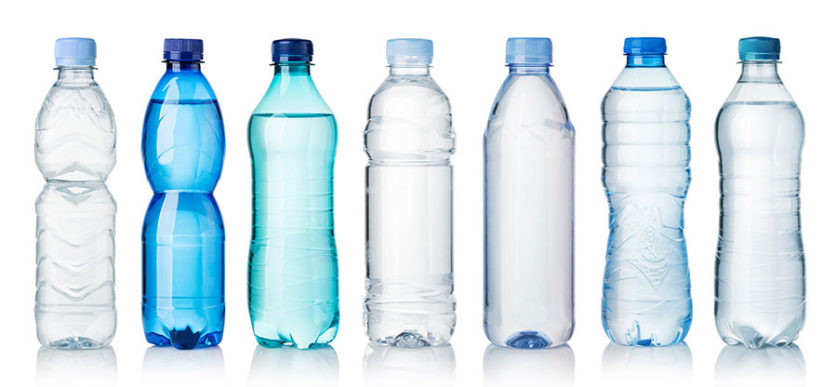
A new initiative from the government involving a Deposit Return Scheme (DRS) for drinks containers could save the country up to £35 million per year. This was announced at the beginning of the month by Michael Gove, the Environmental Secretary.
A study was undertaken by the waste and recycling company Eunomia, who carried it out in 8 different areas found that, depending on the size of the council, they could expect savings of between £65,000-£500,000 per year. Previously, schemes of this nature have been rejected by local councils as it could cause less recyclables to be returned to the council who then sell it on to recycling companies. However, these new figures show that the savings that such a scheme would bring, because of less litter and lower landfill fees would outweigh the loss of revenue.
The report was commissioned by a group of different environmental charities including The Marine Conservation Society, Campaign to Protect Rural England, Surfers Against Sewage, Reloop and Keep Britain Tidy.
Proponents of the idea have said it will reduce rubbish and help detract from the massive issue of plastic pollution, which they say is destroying the natural environment in some areas.
Allison Ogden-Newton, the Chief Executive of Keep Britain Tidy said ‘There is no doubt that introducing a deposit refund system would reduce littering in this country but, until now, there has been a concern that it would have a negative impact on cash-strapped councils.
“This report shows that in fact a DRS would create savings for local government,” she added.
Samantha Harding, Litter Programme Director at CPRE also responded to the new study and mirrored the thoughts of Allison Ogden Newton.
“There are no longer any valid arguments that DRS doesn’t work. The environmental case is crystal clear,” she said.
“For our coasts and countryside, the cost of not taking action will be far greater than any incurred by the parts of industry that are trying to block this.
“Michael Gove can now build on the success of the Government’s plastic bag charge and the ban on microbeads by confirming England will have a deposit system.”
Germany and Denmark both have DRS initiatives and the benefits show with over 90% of bottles returned through the scheme. However, in England only 57% of bottles are returned through the traditional recycling method, further fuelling arguments that a chance of tactic is necessary.
New figures that indicate that around 35 million plastic bottles are sold in the UK every day, which would mean that over 15 million bottles get put in the rubbish every day. This contributes to the eight million tons of plastic that are dumped in the ocean every year.




